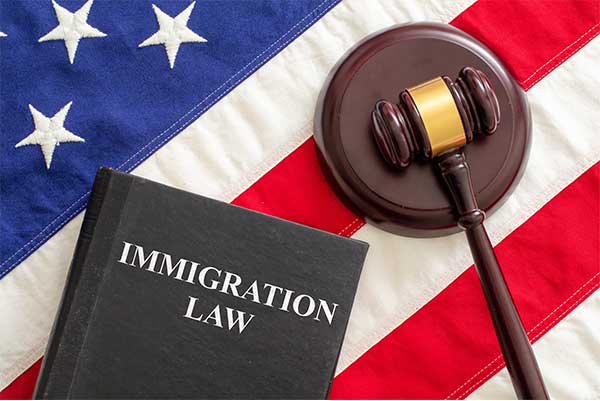4 Important Child Custody Terms Every Divorcing Parent Should Know
When it comes to child custody, the courts always deliver a ruling based on the child’s best interests. Although there is a set of criteria for making this decision, each case is different.
There are many nuances in child custody cases specific to individual states, and if you want to stand the best chance of succeeding in your Florida child custody battle, it is important that you know specific information pertaining to child custody in your region.
If you are trying to attain custody of your children, the guidance of an experienced family lawyer may prove invaluable. A Fort Myers custody lawyer can explain the process and help you avoid making key mistakes.
To schedule a consultation with an expert family attorney, contact The Law Offices of Michael M. Raheb, P.A. Call us today at 866-949-0888 to schedule an appointment.
Here are four terms you should know before entering a child custody battle:
- Time-Sharing
In the state of Florida, time-sharing refers to a shared joint custody arrangement, according to an article on About.com. In short, this means that one parent looks after the child on a long-term basis, while the other is able to visit the child on a regular and generous basis. Generally speaking, child custody courts tend to favor this agreement in order to ensure the child can have a relationship with both parents.
- Child’s Best Interests
Courts award custody primarily based on what they believe is in the child’s best interests. The court will take a number of factors into account when making this decision.
The judge will evaluate the cooperation between each of the parents. This will include their desire to stay true to a time-sharing schedule and to be reasonable toward each other.
The judge will also look at the mental and physical health of the parents and how stable the child’s household would be with each spouse. This involves an investigation into histories of domestic violence, abuse or child neglect. If the child is old enough—typically older than the age of 12—the judge may consider his or her wishes, as well.
- Relocation
Courts in Florida may agree to one of the parents moving with a child provided both parents sign an agreement. The agreement must express a number of key facts including both parties’ consent for the relocation, an assessment on the implementation of time-sharing commitments, and potential transportation arrangements.
- Changes to Agreement
Florida child custody orders may only change if there is a substantial adjustment in circumstances, and only when the change is in the child’s best interests. If you would like to modify a child custody order, consult a Fort Myers custody attorney.
If you are facing a child custody issue, it is important that you seek the advice of an expert Fort Myers child custody lawyer. Call The Law Offices Of Michael M. Raheb, P.A. today at 866-949-0888 to schedule an appointment.





































